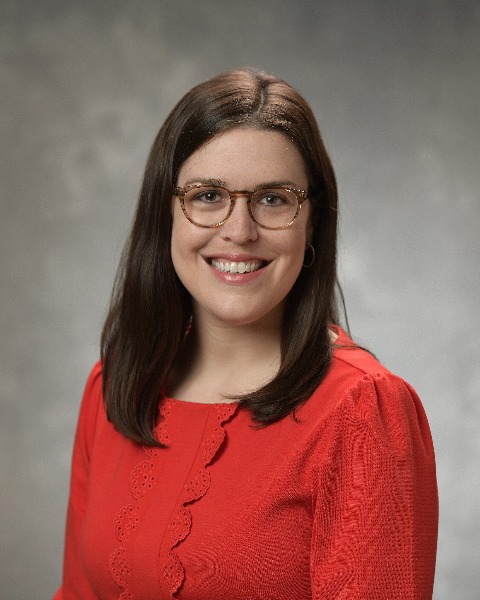Behavioral and Social Sciences
Family Caregiving During the Covid-19 Pandemic for Older Adults With Dementia
-
EW
Emily Wiemers, PhD
Associate Professor, Public Administration and International Affairs
Public Administration and International Affairs
Syracuse University
Syracuse, New York, United States -
IL
I-Fen Lin, PhD (she/her/hers)
Professor
Sociology
Bowling Green State University
Bowling Green, Ohio, United States -
EW
Emily Wiemers, PhD
Associate Professor, Public Administration and International Affairs
Public Administration and International Affairs
Syracuse University
Syracuse, New York, United States -
IL
I-Fen Lin, PhD (she/her/hers)
Professor
Sociology
Bowling Green State University
Bowling Green, Ohio, United States -
EF
Esther Friedman, PhD (she/her/hers)
Research Associate Professor
Institute for Social Research
University of Michigan
Ann Arbor, Michigan, United States -
HC
HwaJung Choi, PhD
Associate Professor
Department of Health Management and Policy
University of Michigan
Ann Arbor, Michigan, United States -

Amanda Leggett, PhD, FGSA (she/her/hers)
Assistant Professor
Institute of Gerontology
Wayne State University
Detroit, Michigan, United States
Chair(s)
Co-Chair(s)
Individual Symposium Abstract First Author(s)
Family caregiving plays a crucial role in meeting the care needs of older adults, especially those living with Alzheimer's disease and related dementias (ADRD). The COVID-19 disrupted an already fragile care landscape by reducing the desirability of nursing home care and the availability of paid caregivers in the home and by destabilizing family caregiving arrangements. Older adult living with ADRD may be at higher risk for destabilized care and more vulnerable to adverse effects from the COVID-19 pandemic’s disruption to the long-term care landscape. This symposium draws on five papers providing qualitative and quantitative evidence of how care arrangements shifted during the COVID-19 pandemic among older adults with ADRD. Patterson and colleagues set the stage for understanding the impacts of the pandemic on family caregiving for older adults with dementia by providing estimates of how many families and households include someone with dementia. Choi and colleagues use a mixed-methods approach to show that family members provided more care during than before the pandemic, especially coresident family members. Lin and colleagues use quantitative evidence to examine how pandemic-specific needs and help from nonresident adult children varied by older adults’ cognitive functioning. Leggett and Tsuker examine the consequences of the pandemic for caregiver stress across different ADRD caregiver relationship types. Finally, Wiemers and colleagues extend the focus on unpaid family caregivers to include paid care and show how tradeoffs between paid and unpaid care for older adults with ADRD were affected by pandemic severity.
Learning Objectives:
- Attendees will be able to describe the number of families and households that have an older adult with possible dementia.
- Attendees will be able to describe pandemic-related changes in family caregiving for older adults with dementia.
- Attendees will be able to describe challenges faced by caregivers for older adults with dementia.
Presentations:
-
2:30 PM - 4:00 PM ETChanges in Long-Term Care Arrangements Among Older Adults With ADRD During the First Year of the COVID-19 Pandemic
-
2:30 PM - 4:00 PM ETTime Help From Adult Children During the COVID-19 Pandemic: Variation by Parents' Cognitive Functioning
Individual Symposium Abstract First Author: I-Fen Lin, PhD (she/her/hers) – Bowling Green State University
-
2:30 PM - 4:00 PM ETFamilies and Dementia: Estimates and Exposures
Individual Symposium Abstract First Author: Esther M. Friedman, PhD (she/her/hers) – University of Michigan
-
2:30 PM - 4:00 PM ETFamily Dynamics in Caring for People With Dementia During the COVID-19 Pandemic
-
2:30 PM - 4:00 PM ETAll in the Family: Differential Impact of COVID-19 by Type of Caregiver for Persons Living With Dementia
Individual Symposium Abstract First Author: Amanda N. Leggett, PhD, FGSA (she/her/hers) – Wayne State University
